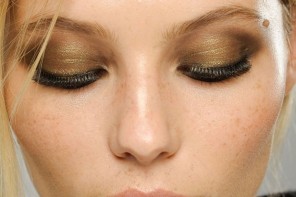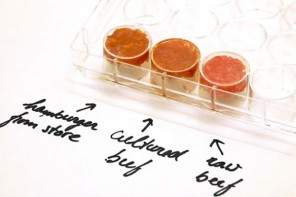Squalene (or squalane) is found in many beauty products. But its origins are not pretty.
It’s one of those names that you might see on a skincare product and not really know what it is. Squalene sounds like the other ingredients that we don’t even think twice about – but we should. Squalene keeps the skin smooth and can prevent wrinkles, but was originally derived from shark livers, and sometimes it still is. It is, essentially, shark liver oil that is used in many cosmetics and skincare products, especially face creams.
A High Price for Beauty
Sharks are killed for their shark liver oil and some species, such as gulper sharks, face extinction in the north-east Atlantic because of this cruel practice. An investigation conducted by French marine conservation charity called Bloom, suggested that about 2.7 million deep see shark deaths were occurring every year. Sometimes fishermen cruelly practice what is known as ‘livering’. This means they remove the shark’s organ and discard the carcass overboard, throwing the poor, injured animal into the sea even though it is still alive and suffering.
Cruelty-Free Options
Recently UK model and animal rights campaigner Lily Cole spoke out against the use of squalene. Cosmetics companies such as Unilever and L’Oreal have also pledged not to use shark liver-derived squalene in their products, however there are still companies that use it. Shockingly, the Bloom report mentioned that the global demand for shark oil reached about 2,500 tons in 2010. There are vegan alternatives to squalene, however, such as olives, rice bran, amaranth seeds and wheat germ.
Does Your Product Have Squalene?
Keep an eye out for phrases that signal a product is using vegan squalene, such as ‘100% plant-derived,’ ‘vegetable based’ or ‘vegetable origins.’ If you spot the word squalene or squalane on a product with no further information about its origins, ask the manufacturer for proof that it is not shark liver oil. It’s your right to know what you’re putting on your skin.
Image here











